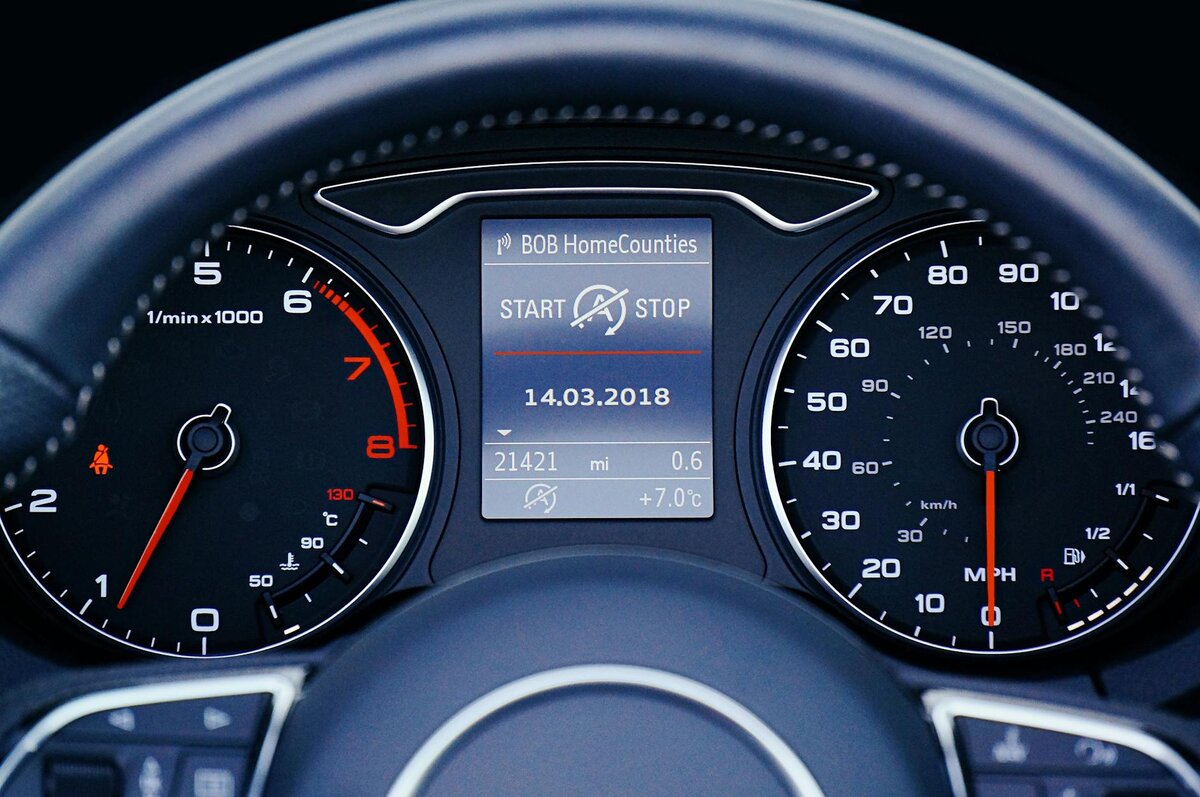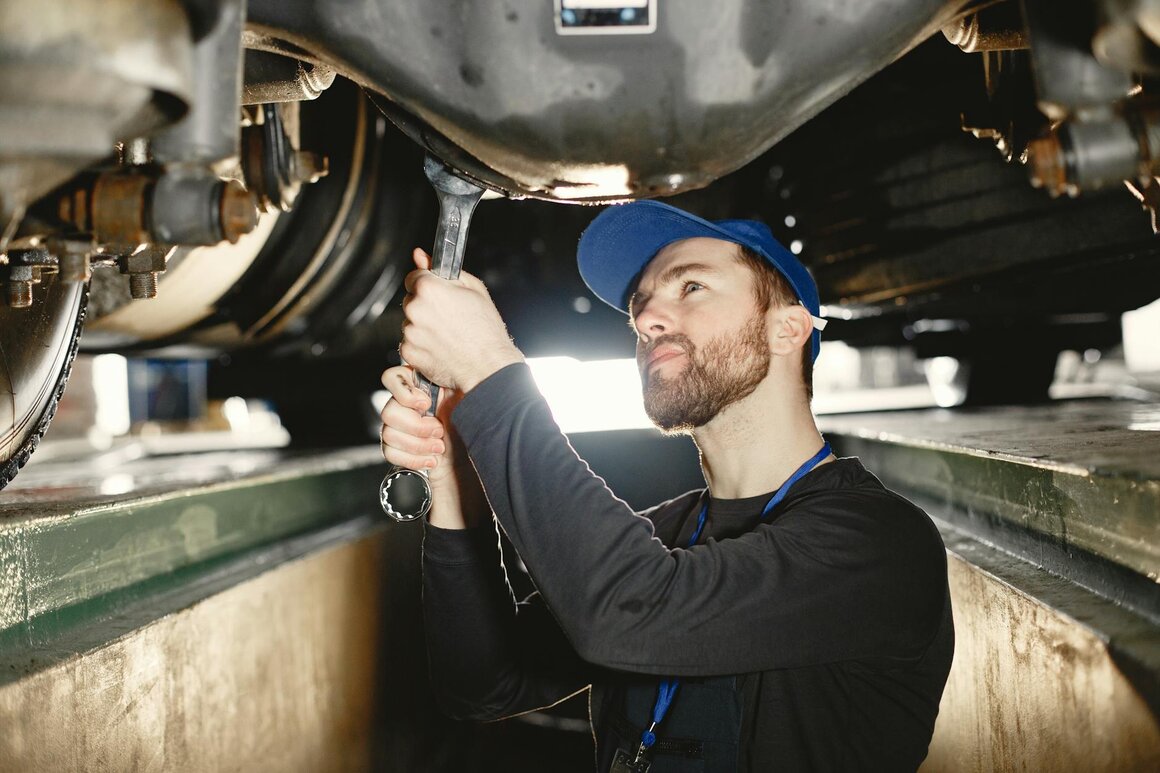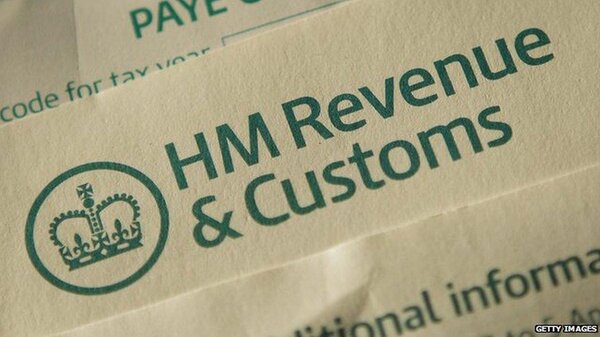Let’s Get Started
Understanding how car allowances and benefits in kind work is essential for both employers and employees. From how these payments are taxed to how they affect your take-home pay, knowing the rules can help you make smarter financial decisions and stay compliant with HMRC guidelines.
What Exactly Is a Car Allowance?
Car allowance work as a benefit within the workplace by providing employees with financial support to use their own vehicles for business purposes, offering flexibility and administrative simplicity for both employers and employees. A car allowance is a sum of money your employer gives you to cover the costs of using your own car for work purposes, often provided as a cash sum or lump sum. Unlike a company car, the vehicle belongs to you, not your employer.
These payments might be fixed monthly amounts (known as a fixed car allowance) or variable based on your mileage (known as a variable car allowance). They’re meant to cover expenses like fuel, insurance, maintenance, and depreciation.
The flexibility of choosing your own vehicle is what makes car allowances attractive to many professionals. A company car allowance is a lump sum payment added to your salary to cover vehicle costs, serving as an alternative to a company car and giving you more responsibility and choice.
Is Car Allowance Taxable? The Simple Answer
Yes, in most cases, car allowances are fully taxable. HMRC treats car allowances as additional salary, subject to both income tax and National Insurance contributions. You pay income tax and pay national insurance on the allowance at the same rate as your annual salary.
Your employer will typically add your car allowance to your regular salary and deduct tax through the PAYE system. This means the allowance is treated as additional income and increases your total income, which could push you into a higher tax bracket. You’ll see the allowance on your payslip, along with the tax deducted.
I once received a car allowance and was shocked when my first payslip showed significantly less than I’d calculated, the tax deductions had caught me by surprise.
Tax-Free Mileage Allowances: The Exception to the Rule
Not all vehicle-related payments are fully taxable. If your employer reimburses you specifically for business mileage using HMRC's Approved Mileage Allowance Payment (AMAP) rates, these payments can be tax-free. The current AMAP rates are 45p per mile for the first 10,000 business miles in the tax year. This drops to 25p per mile for any business miles over 10,000.
If your employer pays less than these rates, you can claim tax relief on the difference. If they pay more, the excess is taxable.

Car Allowance vs Company Car: Which Is More Tax-Efficient?
A car allowance increases your taxable income but gives you ownership of the vehicle and more flexibility. You control the make, model and when to replace it. Your personal preferences and current car can influence your decision, as you may choose to continue using your personal vehicle, lease a car, or purchase a car outright or privately.
A company car is taxed as a benefit-in-kind, with the tax based on the car’s CO2 emissions, list price, and your personal tax rate. Company cars often come with limited choice and restrictions on personal use, as employers typically set policies on which cars are available and how they can be used outside of work.
The most tax-efficient option depends on your personal circumstances, including annual mileage, the type of car you need, and your tax bracket. You should also consider the cost implications, such as depreciation costs (which are usually covered by the employer for company cars but borne by the employee with a car allowance), and whether you want to lease a car, buy a car outright, or pay for a car privately using your allowance.
Salary sacrifice schemes can also be considered as an alternative to car allowances and company cars, allowing you to lease a car through your salary before tax, which can offer additional tax efficiency compared to other options.
How to Reduce Tax on Your Car Allowance
Keep meticulous records of all business journeys, including dates, mileage, and purposes. This documentation is crucial if you’re claiming tax relief on mileage, as these records are important for tax purposes.
Consider electric or low-emission vehicles if you’re choosing a new car. These can offer tax advantages through lower benefit-in-kind rates if you later switch to a company car arrangement.
If you’re receiving a fixed allowance, discuss with your employer whether a mileage-based reimbursement might be more tax-efficient for your specific situation. If you do not use the full allowance for your car, you may allocate the remainder towards other expenses.
Record Keeping: Why Documentation Matters for Car Allowances
When it comes to car allowances, keeping accurate records isn’t just good practice, it’s essential for staying on the right side of tax and national insurance rules. Whether you’re an employee receiving a car allowance or an employer providing one, detailed documentation helps ensure you’re paying the correct amount of income tax and national insurance contributions, and can even help you save money.
For employers, it’s important to keep a clear record of every car allowance paid, including the amount, date, and which employee received it. This information is vital for calculating tax and national insurance, and it’s also needed if HMRC ever asks for evidence during an audit. Employers should also make sure that the car allowance offered is reasonable, taking into account the employee’s job role, business use, regional fuel costs, and the expected wear and tear on their own vehicle.
Employees, on the other hand, should keep a log of all business miles driven, noting the date, distance, and purpose of each trip. This is especially important if you’re using your own car for business purposes, as it supports your claim for mileage allowance relief and ensures you’re not overpaying on tax. A well-kept mileage log can make a big difference when it comes to your annual tax return, especially if you’re claiming relief for business miles that aren’t fully reimbursed by your employer.
If you’re weighing up car allowance vs company car, consider the record-keeping requirements for each. With a company car, your employer typically handles most of the paperwork, including insurance and maintenance costs, but you may need to pay benefit in kind (BIK) tax based on the car’s value and emissions. With a car allowance, you have more flexibility and control over your vehicle choice, whether you opt for outright purchase, a personal contract purchase, or leasing, but you’ll need to keep on top of your own records to claim all available tax benefits. Choosing an electric or hybrid car can also impact your tax position, as these vehicles often attract lower BIK tax rates.

Final Thoughts
Car allowances offer flexibility but come with tax implications that shouldn't catch you by surprise. The key distinction is between fully taxable cash allowances and potentially tax-free mileage reimbursements. Keeping detailed records of your business journeys is essential for claiming any available tax relief. This means noting down destinations, purposes and exact mileages.
If you're unsure about the most tax-efficient arrangement for your circumstances, consulting with a tax professional could save you money in the long run.
Pie Tax
We know that vehicle taxation can be confusing when you’re focused on your day job and career. That’s why the Pie tax app is designed to provide clarity when you need it most.
Pie tax offers instant calculations showing exactly how your car allowance impacts your overall tax position. With our built-in mileage tracker, you can maximise your tax-free allowances and ensure you never miss out on legitimate claims.
You can even submit your P11D information and income details directly to HMRC, all from within the app.
Explore the Pie.tax app today to see how we can make managing your tax simpler, smarter, and stress-free.











